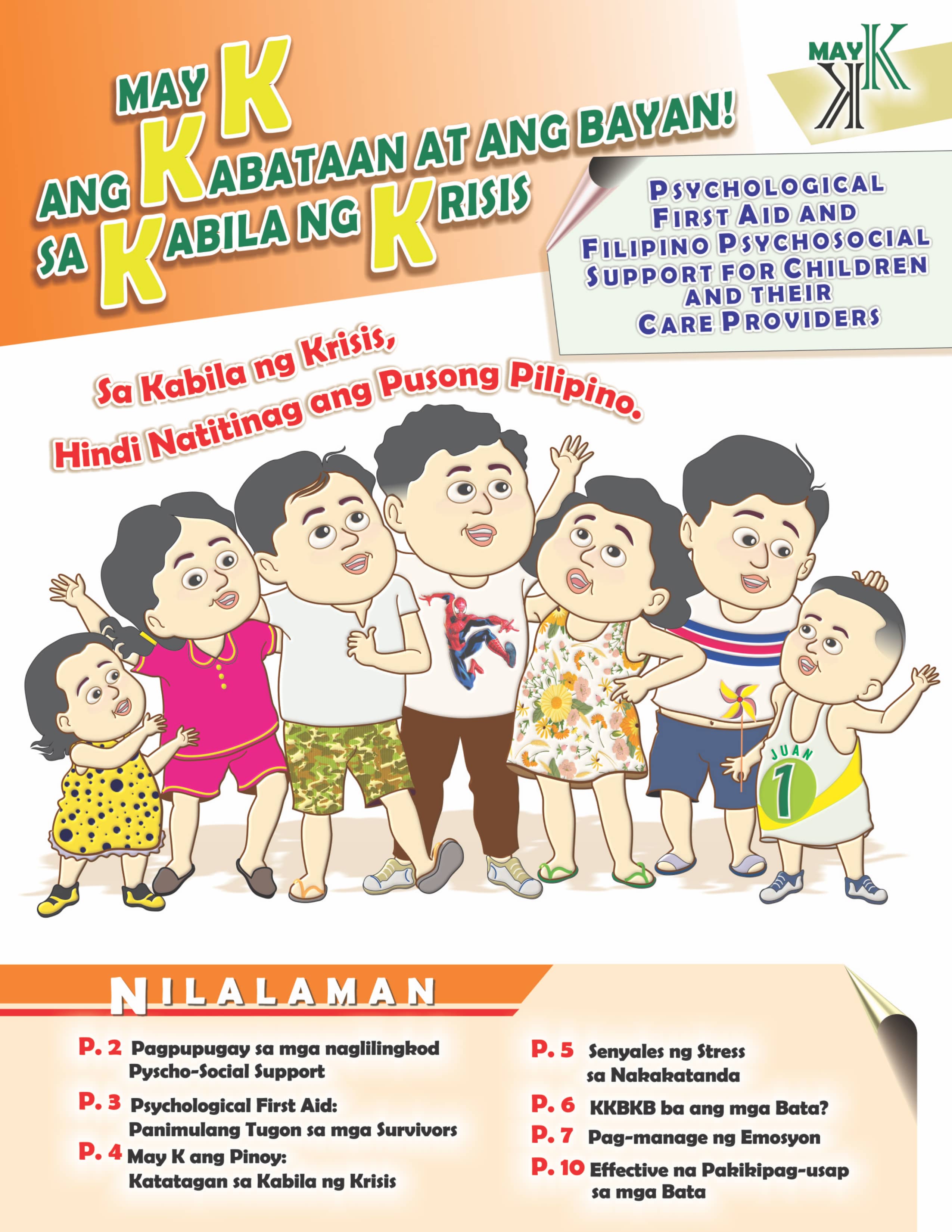- Details
- Category: Features and Articles
After thorough discussion and deliberation on the basic humanitarian instruments1 , conducting a stakeholders' analysis; and examining the context in Mindanao; we, participants of the Workshop on Humanitarian Standards, urge Non Government Humanitarian Organizations, Agencies and Networks in Mindanao to adopt the following principle of conduct as the guide for their humanitarian works, and to disseminate the same to their stakeholders:
- Details
- Category: Features and Articles
Collateral Damage, helpless victims of war— these are how the civilians displaced by the fighting between government forces and MILF fighters have been usually described. In news report, the evacuees are portrayed as powerless creatures, relying on other people's support as they count the length of days in evacuation centers. Repeated calls for the hostilities to stop so that the civilians can go on with their lives had been unheeded. After four months of waiting since the military offensives began on February 11, 2003, the evacuees have had enough. They decided it was time to go home. They have taken a bold step to press the government and the rebels to go back to the negotiating table. This is the story Bakwit Power: The People's Exodus to Peace.
On June 24-26, evacuees, both young and old, marched from different evacuation centers in Pikit, Pagalungan and Pagagawan and gathered in the town of Pagalungan in Maguindanao. They reiterated their call for the government and the MILF to declare an immediate ceasefire and resume peace negotiations. As many as 8,000 evacuees from the conflict areas of Pikit in Cotabato province and Pagalungan and Pagagawan in the province of Maguindanao staged a protest that has come to be known also as Suara Kalilintad, a Maguindanoan term meaning "voices for peace."
- Details
- Category: Features and Articles
(A sharing presented to the National Conference on Community-Based Disaster Management organized by the Office of Civil Defense (OCD) and the Philippine Disaster Management Forum (PDMF) held at the National Defense College in the Philippines, Camp General Emilio Aguinaldo, QC on January 28-30, 2003)
The Philippines is one of the world's most disaster prone countries. The United Nations Office for Humanitarian Affairs (OCHA) has recorded that from September 1998 to April 2000, more than 2.9 million people have been affected by typhoons, floods and volcanic eruption in the Philippines Aside from calamities brought about by natural disasters, the US Committee for Refugees has placed the Philippines among the top 50 countries in the world with the most number of people affected by complex disasters brought about by armed conflict. While disaster management in the country has drawn lessons mostly from responses to natural calamities, scant materials are available on experiences on community-mobilization during emergency situation in the context of armed conflict. The following is a recollection of Fr. Bert Layson of the community's response to the massive evecuation in 2000. It is a contribution to the enrichment of learning on community-based disaster management.
- Details
- Category: Features and Articles
Armed Conflict experience and displacement brings about "collective suffering." As such, it affects not only individuals and families but entire peoples and communities as well. When traumatic events such as organized violence strikes, it does not only bring fear, anxiety, and loss to survivors; it also brings damage to livelihood and environment of affected populations.






















